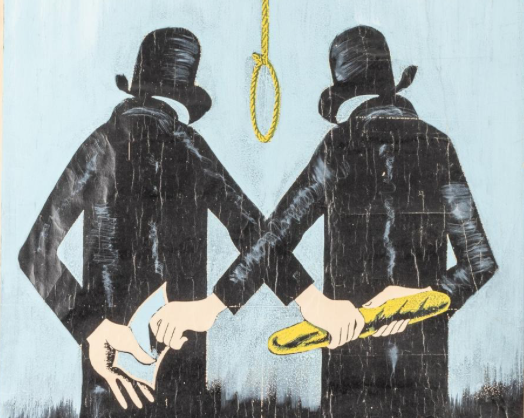Since the beginning of legalization, there are has been a discussion about how to frame the illegal marijuana market.
The phrase black market took off during the Great Depression where products were hard to come by and an illegal market trading outside the system took off. It grew during WWII during rationing so those with extra cash could have extra of staples and luxuries. With the growing legalization of cannabis, there has been a internal industry debate about what to call the illegal marijuana market.
RELATED: California or New York, Which Has The Biggest Marijuana Mess
Since the start of legalization, there has a been a vibrant discussion of the OG businesses.
A segment of the industry who wants full customer access with limited legalization. The fear is with full legalization, current medium and large players will lose to mainstream business in manufacturing, agriculture, and retail. Their was a hard push in 2019 for cannabis media to refer to the black market as the grey market.

A grey market or parallel market is the trade of a commodity through distribution channels not authorized by the original manufacturer or trade mark proprietor. Grey market products (grey goods) are products traded outside the authorized channel. The phrases and process helps make it appear more legal than the black market.
In talking with industry notables, there is definitely a push from a minority to slow roll legalization and reframe the black market as a “perfectly ok” option to the average consumer. Both New York and California have huge black or illegal markets. New York’s botched rollout of licenses has made a legal market of about 85 dispensaries and over 2,000 unlicensed ones selling both legal and illicit products to the public. California crushing taxes and non existent enforcement has allowed unauthorized grows to florish. The rumor is these grows have quiet sold to legal producers to make products to help battle the costs.
RELATED: How To Be Discreet When Using Weed
Most traditional media, data analysts and legitimated investors and executives refer to it as the black market. Having a thriving black market hurts both the legalization process and legal businesses. Colorado and Maine are two examples of states who have done a great job to shrink the illicit market. While immediate short term there could be profits, in the long term, it chokes the growth and mainstreaming of cannabis for both recreational and medical use.


